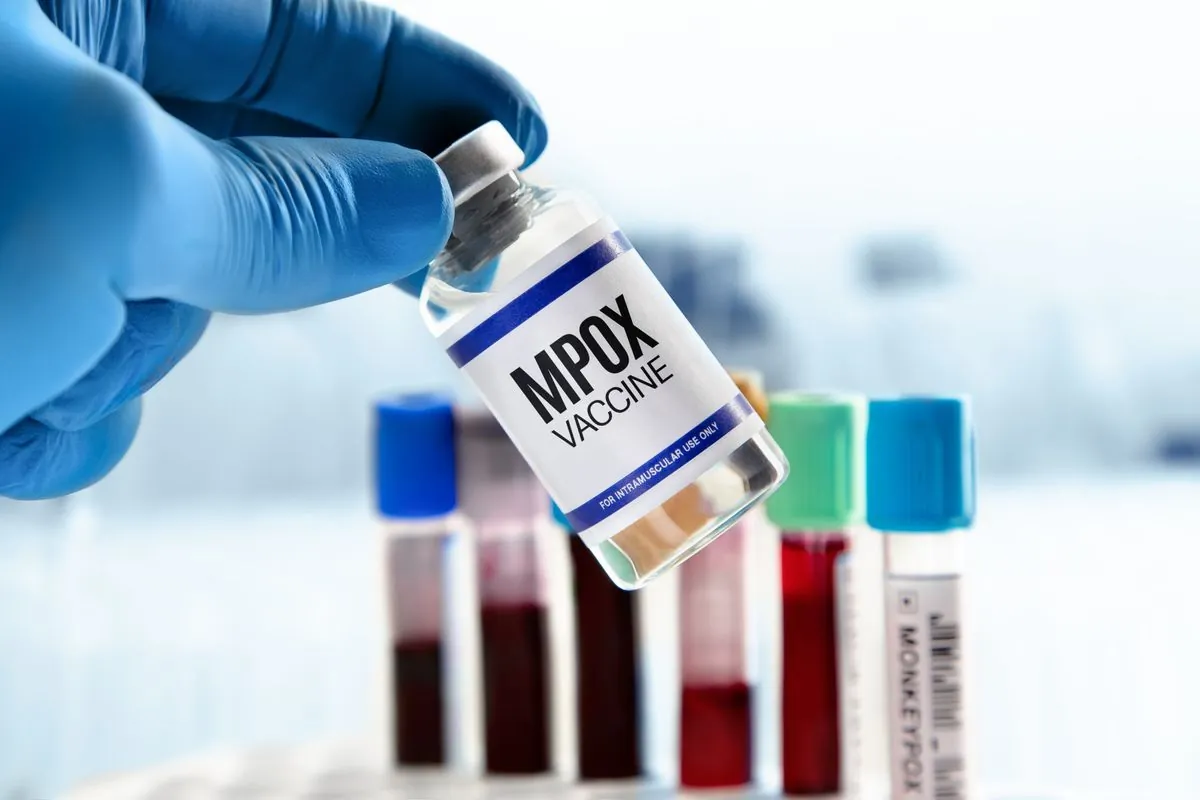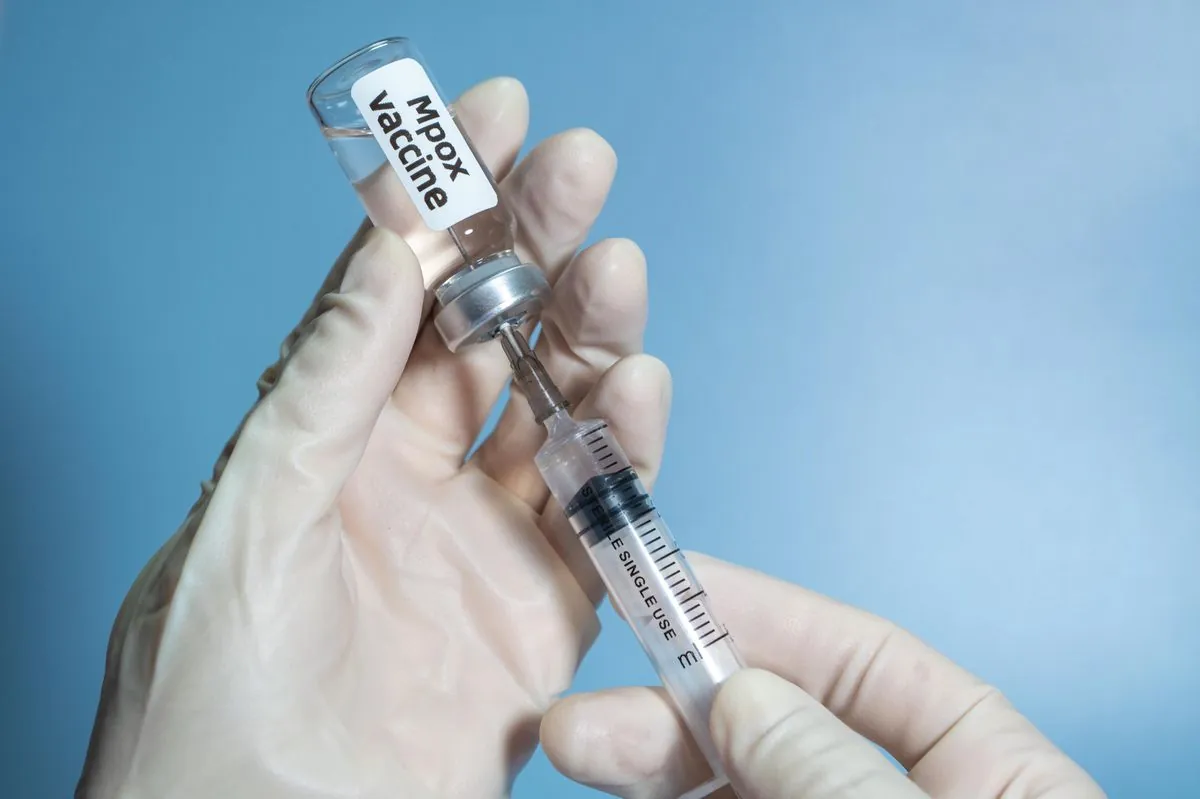Congo Receives 50,000 Mpox Vaccine Doses from US as Outbreak Intensifies
Congo has received 50,000 mpox vaccine doses from the US, adding to previous EU donations. Vaccination will begin in October, targeting adults in the most affected provinces amid a severe outbreak.

The Democratic Republic of Congo has received 50,000 doses of mpox vaccine from the United States, bolstering efforts to combat the ongoing outbreak. This delivery follows the recent arrival of 200,000 doses from the European Union, bringing the total to 250,000 doses.
Cris Kacita Osako, coordinator of Congo's Monkeypox Response Committee, announced that vaccination will commence on October 2, 2024, in the three most affected provinces: Equateur, South Kivu, and Sankuru. The initial focus will be on vaccinating adults, with priority given to those in close contact with infected individuals and sex workers.

The vaccines, manufactured by Bavarian Nordic, are part of the JYNNEOS line, which was approved by the FDA in 2019 for the prevention of smallpox and mpox. This vaccine utilizes a live, attenuated vaccinia virus that does not replicate in humans, providing a safer alternative to earlier smallpox vaccines.
Despite these deliveries, the current supply falls short of the estimated 3 million doses needed to effectively control the outbreak in Congo. The country has been at the epicenter of the global health emergency, accounting for 91% of the 5,549 confirmed mpox cases across Africa since the start of 2024. Alarmingly, the outbreak has resulted in 643 deaths, marking a significant increase in both infections and fatalities compared to previous years.
"For the moment, the rollout will be reserved for adults, with priority targeted groups being those who have been in close contact with infected people and sex workers."
The severity of the situation prompted the World Health Organization to declare outbreaks in 12 African countries a global emergency approximately three weeks ago. In response, the Africa Center for Disease Control and Prevention and WHO have launched a continent-wide plan to address the crisis.
Mpox, first discovered in humans in 1970 in the Democratic Republic of Congo, is caused by a virus belonging to the same family as smallpox. The disease typically presents with symptoms including fever, rash, and swollen lymph nodes, with an incubation period ranging from 5 to 21 days.
As efforts to contain the outbreak continue, Laurent Muschel, HERA Director-General, mentioned that the European Medicines Agency is reviewing data to potentially extend vaccine use to children aged 12 to 17 by the end of September 2024. Additionally, Kacita Osako revealed that another batch of vaccines from Japan may arrive as early as this weekend, further strengthening Congo's response to the mpox crisis.


































